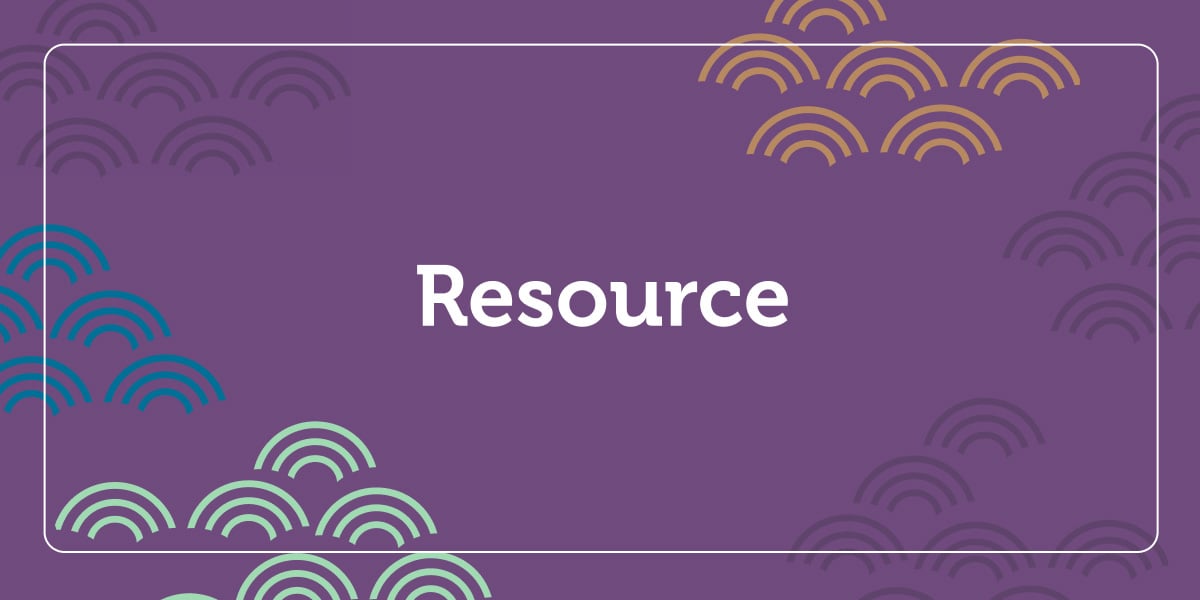We can demonstrate kindness in the smallest ways. For example, manners are simple actions that show that we respect and care about one another’s feelings. While manners are sometimes difficult for young learners to understand, they are important lessons that make it easier to communicate and interact with each other.
There are plenty of simple ways to teach children about manners. Manners Time/Los Buenos modales by Elizabeth Verdick, teaches children how to be polite in both English and Spanish. It includes colorful illustrations of children exercising their manners skills.
Share some Manners Time lessons with your little learners today!
Greeting Each Other
Saying hello is the first thing we do when we meet someone new. Explain to your children the different ways we greet one another. We might say “Hello” or “Good morning,” and then follow it by asking “How are you?” This shows the person we’re talking to that we’re glad they’re here and we care about them. Greeting someone with a smile also makes people feel welcome.
Saying goodbye is a similar situation. When someone leaves, we smile and say “Goodbye.” We might also wave to them. Just as with saying “hello,” this lets people know we care about them and are paying attention to them as they go.
Being Grateful
“Please” and “Thank You” are often what we first think of when we think of manners. Tell the children that “please” is the word we use when we ask for something. We might say “May I please have a snack?” or “Can you hand me that toy please?” Saying please shows that you are patient and willing to wait for an answer, and it tells the other person that you respect them. Encourage the children to practice saying “please” by having them ask each other for things around the room.
“Thank you” is another nice phrase that we use to show gratitude. Start by doing a gratitude activity where children talk about the things they are glad to have. Now apply that feeling to a regular conversation. When someone gives us something or does something for us, we say “thank you” to show that we are grateful for them. We even use this phrase to say “no” politely: if someone offers us something we don’t want, we say “No, thank you.” This lets the other person know that even though we don’t want their help, we still appreciate them offering it.
Making Mistakes
Everyone makes mistakes sometimes. That doesn’t mean we stop being polite! Explain to the children that there are words we say when we do things that might be considered rude. For example, if we cough, sneeze, or burp, we say “Excuse me.” We might also say “Excuse me” if we accidentally bump into someone. By saying “excuse me,” we are letting people know that we did not mean to interrupt or bother them.
“Sorry” is another important phrase. This is a word we use if we do something wrong or make a big mistake that might hurt someone’s feelings. For example, if Bill accidentally steps on Judy’s foot and hurts her, he would say “I’m sorry” to let her know it was an accident. When someone says “I’m sorry” to use, we say “I forgive you” back to them to let them know that we’re not angry. Words like “sorry” and “excuse me” help keep people’s feelings from getting hurt, which leaves everyone feeling happy in the end!
Author(s)Elizabeth Verdick
Ashleigh Craven
Ashleigh Craven has a decade and a half of diverse category experience from agency communications to athletic apparel to automotive to education, developing and executing communication strategies in both traditional and social media. She has supported national product launches and corporate events for the likes of Soffe, Buick, Chevrolet, Wake Forest University , Kaplan, and others. She has an BA from the University of Michigan in English and Communication Studies and an MA from Wake Forest University, where she focused her studies on argumentation and presidential rhetoric and speechwriting. She served as director of marketing for Gryphon House from 2017- 2020.

